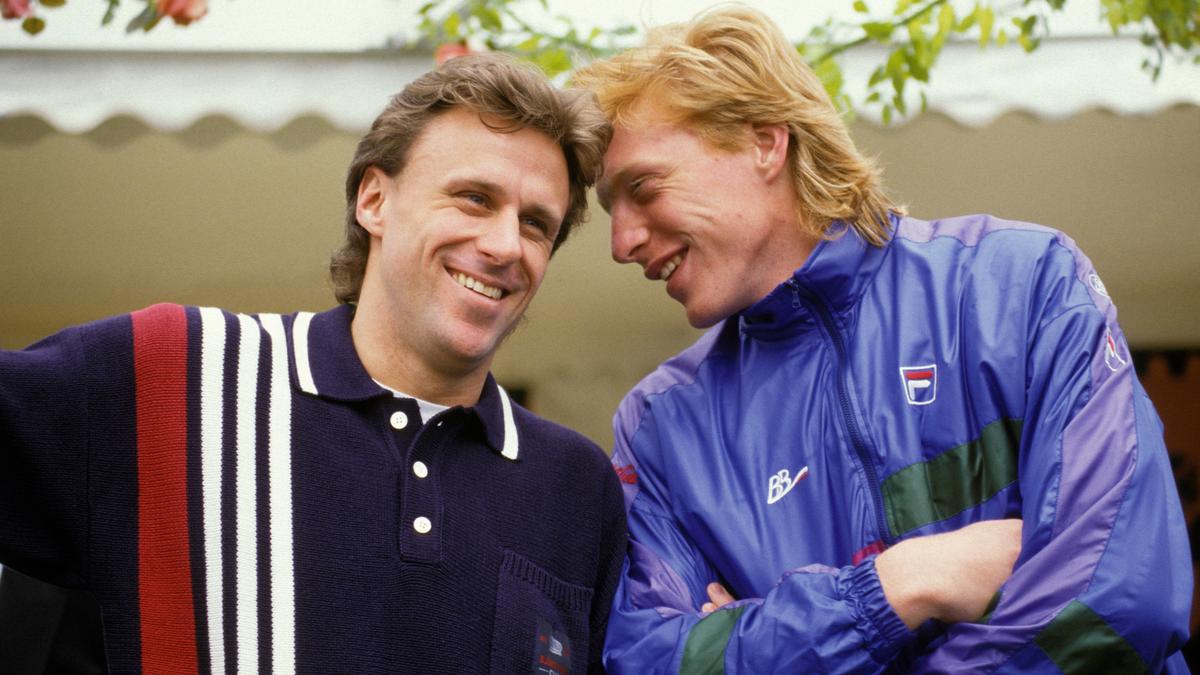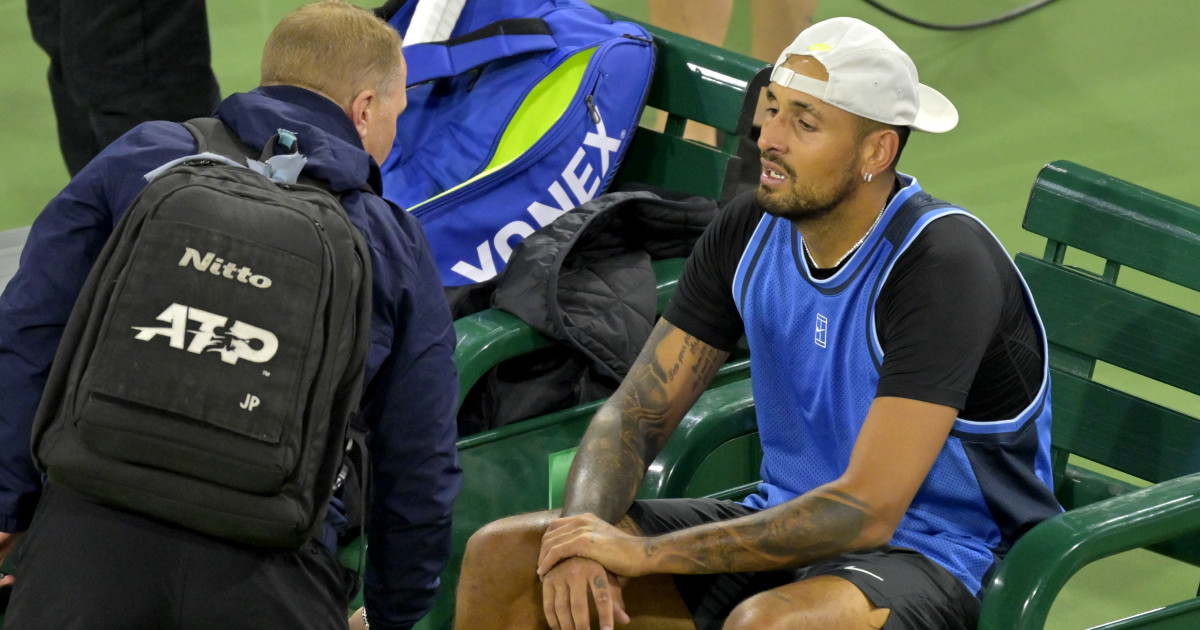Memoirs by tennis stars Boris Becker and Björn Borg: a cautionary tale

Years ago, there was a book that had a series of Björn Borg mugshots on the cover. The captions said: Joy, Anger, Disappointment, Satisfaction, and so on. The joke was that these were all the same picture. Borg was undemonstrative, even unemotional. Behind the mask was another mask, and behind that yet another. It would have been impossible to get a similar jokey cover of Boris Becker who seemed unable to sit still for long enough to get photographed.“People have always said I didn’t show much emotion,” Borg writes in his memoir Heartbeats, “but inside it was a rollercoaster.” Heartbeats is the story of Borg twice removed — written by his third wife Patricia, and translated from the Swedish by Bradley Harmon.That doesn’t diminish the impact, for it follows the George Orwell rule: (“Autobiography is only to be trusted when it reveals something disgraceful.”) For example, here’s the man, who, after deciding Patricia was his soulmate flies back to a girlfriend he had broken up with “to know if there was anything left between us”.The maturing of BeckerBoris Becker’s Inside, ghosted by tennis writer Tom Fordyce, by contrast, is well written. It is the story of his days in prison following insolvency. The theme of losing control pervades both accounts, the prison story being as much an indictment of the British penal system. It is harrowing, even startling in parts, and the maturing of an unformed mind (Becker was already in his 50s then) is drawn out skilfully and unsentimentally.“I really relate to Boris,” writes Borg, “He’s made a lot of bad decisions and business deals. There aren’t too many who can truly understand what we’ve experienced.”“I love Borg,” Becker writes, “but I’ve seen what happened to him afterwards, and I don’t want that to happen to me.”Borg won his first Davis Cup match at 16, Becker was Wimbledon champion at 17. BB1 and BB2 — as Becker referred to them — both great tennis champions, became cautionary tales, their lives blighted by alcohol, drugs, sex and in Becker’s case, prison. Borg retired at 25, Becker contemplated retirement at 23.Dangers of extremesTennis is an individual sport, and in their time the two BBs were each head of a corporate of one, having to handle the business, the psychology, the training, the travel, the relationships, the tournaments mostly on their own.Today’s stars have whole teams, leaving them free to focus on the game. The temptations are the same, the choices they have to make are similar, the hazards remain, especially after early success. But they are better advised, and they have the examples of Borg and Becker to understand the dangers of extremes.In Heartbeats, Borg rips off some of the masks. What emerges is a man of superstition and astrology, who confesses to what he calls gently, “overlapping relations”, whose intense discipline and focus on the tennis court was matched by their absence outside it. When there was no joy left in the game, he quit. “How can you quit tennis even before turning twenty-six?” he asks, in retrospective incredulity.How did talent converted into millions of dollars lead to a possible suicide attempt (which Borg denies) in one case and sucking up to drug dealers and murderers (for protection) in the other? It begins with a sense of entitlement, an extravagant lifestyle unsupported by sound financial investments, broken marriages and greater self-belief than self-knowledge. None of this was helped by the poor advisers around them, dodgy business deals, and thinking addled by the pills. Fame and fortune are great servants but terrible masters.Yet, it is difficult to conclude that the players brought it on themselves and leave it at that. No one who saw the Borg-John McEnroe classics of the 1980s before the American ended the Swede’s run of five successive Wimbledon titles, or a young Becker scything through the opposition, throwing himself across the court to retrieve the ball and create impossible angles, can be unaffected by their later stories. We may not understand, but we sympathise, despite the occasional note of victimhood in the memoirs.Highs and lowsTennis isn’t the main feature in the books. Some of Borg’s match descriptions are downright pedestrian, but the sport is always visible through the lifestyle. The tennis in Becker’s story is more focused, and sheds light on personal relations with rivals like Pat Cash and Michael Stich.Some of the events around top flight tennis are delineated by both authors. Borg confirms he received appearance money in cash; getting it home past the customs was the least of the problems. On one occasion, he was mugged in his hotel room, on another the payment was made in one-dollar bills which must have made it seem he was carrying his bed and possibly his room past customs. There was a time when he discovered that the money was counterfeit.Tennis, which took them to such highs and lows, also helped both Borg and Becker overcome their setbacks; not the game itself, but the discipline, the training, the restraint, the concentration they brought to it. Becker took a course on stoicism in prison; Borg was a stoic to begin with. In any case, Epictetus and Seneca didn’t have to deal with tabloids and frenzied fans. Their partners played a role too in the redemption — Patricia in Borg’s case and Lilian in Becker’s.Nietzsche said we are all play actors of our ideals. At a very young age we pretend we are already what we want to be: great sportsmen, actors or artists. In their teens, Borg and Becker already had the world at their feet. No pretence was needed, they were already rich and famous. What happened afterwards was not inevitable, but explicable.In rising above the miseries, both displayed the character and resilience that make not just for great sportsmen, but inspiring human beings too. Sometimes you have to negotiate a path through suffering and pain to arrive at the normality so coveted by those who lead an unreal life.












